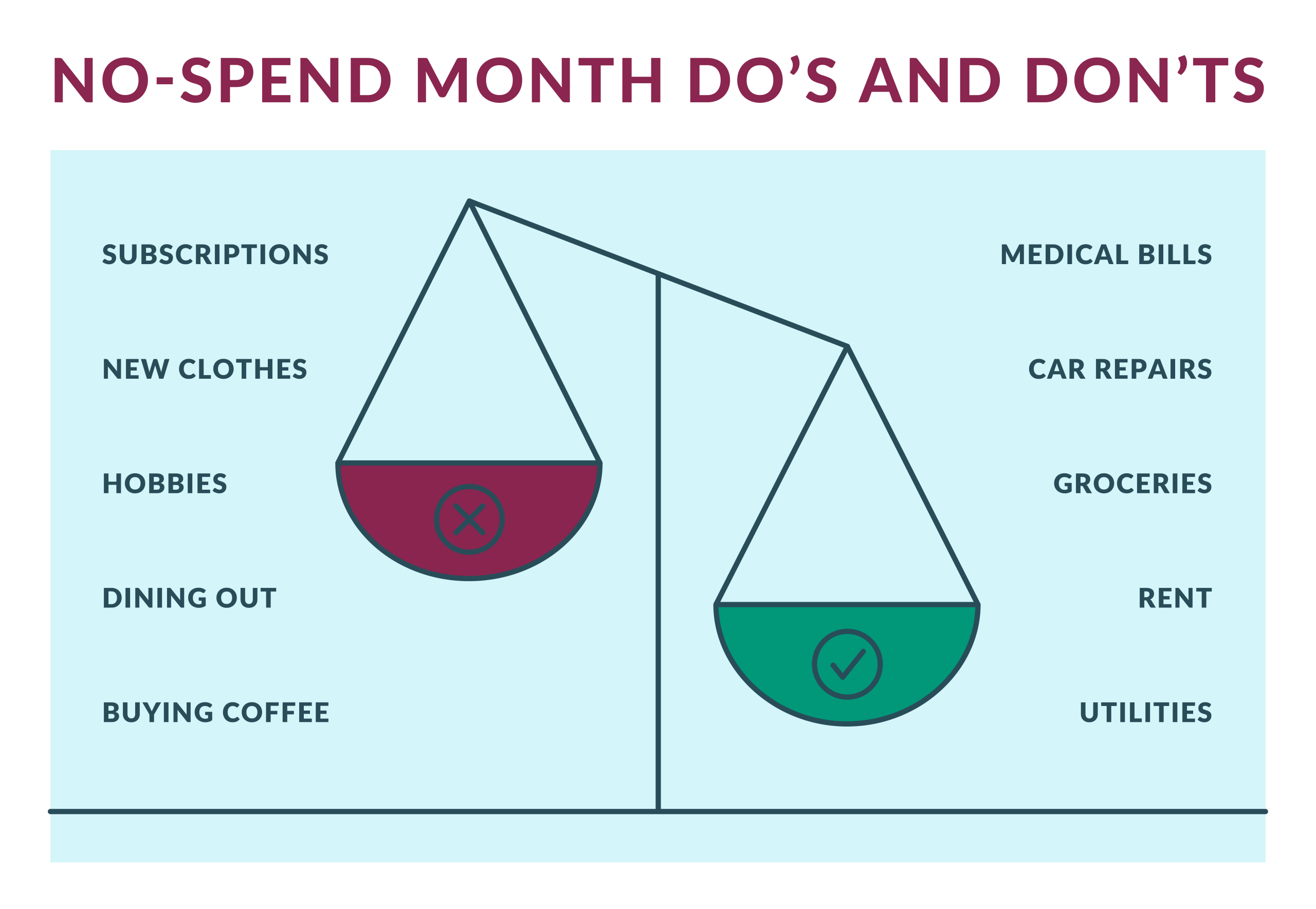Anúncios
If you’re looking for effective ways to boost your credit score, you’ve come to the right place.
A healthy credit score not only makes it easier to obtain loans and financing but can also result in lower interest rates.
Therefore, in this article, we’ll explore the best strategies for improving your credit score and strengthening your financial health. Keep reading to find out how to improve credit score!
1- Make Payments on Time
One of the most effective ways to improve credit score is to maintain a consistent history of on-time payments.
Late payments can have a significant impact on your credit score, showing creditors a lack of financial responsibility.
Be sure to pay your bills, such as credit cards, loans, and utility bills, before the due date.
Automating payments or setting up reminders can be helpful to ensure you never miss a payment deadline.
This simple practice can have a lasting positive impact on your credit score.
2- Limit the Frequency of Applying for New Accounts
While it may be tempting to expand your credit portfolio by opening multiple accounts, it’s important to keep in mind that applying for new credit cards or loans too frequently can have an adverse impact on your credit score.
Each credit inquiry results in a “hard inquiry” on your report, which can cause a temporary drop in your score.
Lenders view multiple inquiries as a red flag, suggesting that you may be facing financial difficulties or rapidly increasing your debt.
Therefore, if your goal is to improve your credit score, it’s crucial to exercise moderation when applying for new lines of credit.
Before making a new application, carefully assess your financial needs and determine if it’s truly necessary.
Additionally, strategically plan the timing of your applications to avoid a flurry of inquiries in a short period.
A proper interval between inquiries allows your credit score to recover and demonstrates to lenders that you’re a responsible borrower concerned about your long-term financial health.
Therefore, the key to protecting your credit score and financial reputation is to act prudently and cautiously when seeking new credit accounts.
3- Maintain a Credit Report
Keeping an updated credit report and regularly monitoring it is essential for understanding your financial situation and improving your credit score.
You can access your credit report for free through authorized credit agencies. When reviewing your report, ensure that all information is correct and that there are no errors or suspicious activities.
Immediately correcting any inaccuracies can prevent incorrect information from negatively affecting your score.
Additionally, by regularly monitoring your credit report, you can quickly detect any fraudulent activity and take steps to protect your identity and your credit score.
4- Monitor Old Accounts
Old credit accounts can play a crucial role in your credit score. Long-term credit history demonstrates your ability to responsibly manage your finances over time.
Therefore, it’s important to keep these old accounts open, as long as there are no annual fees or other unnecessary expenses associated with them.
Closing old accounts can shorten your credit history, which can negatively impact your score.
However, it’s essential to regularly monitor these accounts to ensure there are no fraudulent activities or incorrect charges.
By keeping a close eye on your old accounts, you can preserve your credit history and boost your score.
5- Utilize 30% or Less of Your Credit
One of the important metrics considered by credit bureaus is the relationship between your credit card balance and your available credit limit, known as the credit utilization ratio.
Keeping this ratio below 30% is crucial for maintaining a good credit score. Using a lower percentage demonstrates financial responsibility and spending control.
If possible, try to pay off your balances in full each month to avoid accumulating debt and keep your credit utilization ratio even lower.
By carefully managing your credit utilization, you can positively impact your score and show lenders your ability to use credit responsibly.
6- Consider Debt Consolidation
Debt consolidation is a smart strategy to simplify payment and potentially reduce financial burdens.
By consolidating multiple debts into a single account, you can streamline monthly payments, which can make managing your finances easier.
Additionally, if you can secure a lower interest rate through consolidation, you may save money in the long run and pay off your debts more quickly.
However, it’s important to research and carefully compare consolidation options to ensure you’re getting the best terms and conditions possible.
By reducing your debt load and simplifying your finances, you can improve your ability to manage your financial obligations and, consequently, your credit score.
7- Leverage Limited Credit History
Even if you have a limited credit history, there are still ways to improve your score. Start by applying for a secured credit card, where you make a deposit that becomes your credit limit.
Use it responsibly by paying the balance in full each month. Also, consider becoming an authorized user on existing credit accounts, as long as the primary account holder is a responsible payer.
This way, you can begin building your own positive credit history. Additionally, keep your old accounts open to extend your credit history.
Over time, these practices can help increase your credit score, even with a limited file.
By following these steps on how to improve credit score, you’ll have the opportunity to access more financial resources and ensure that your credit will be approved.
Therefore, analyze all these details so that you can improve your credit score. And take the opportunity to see more tips on our page!






